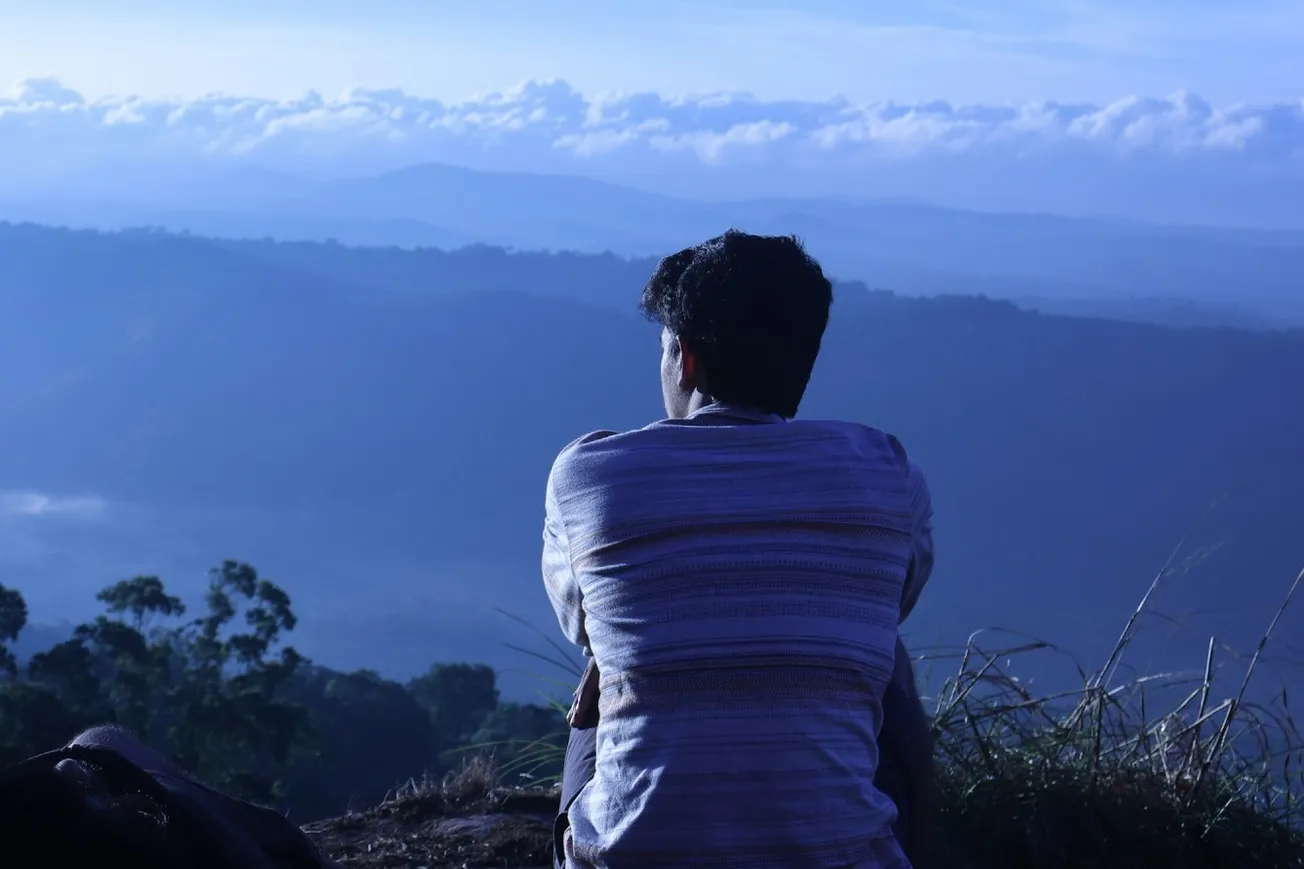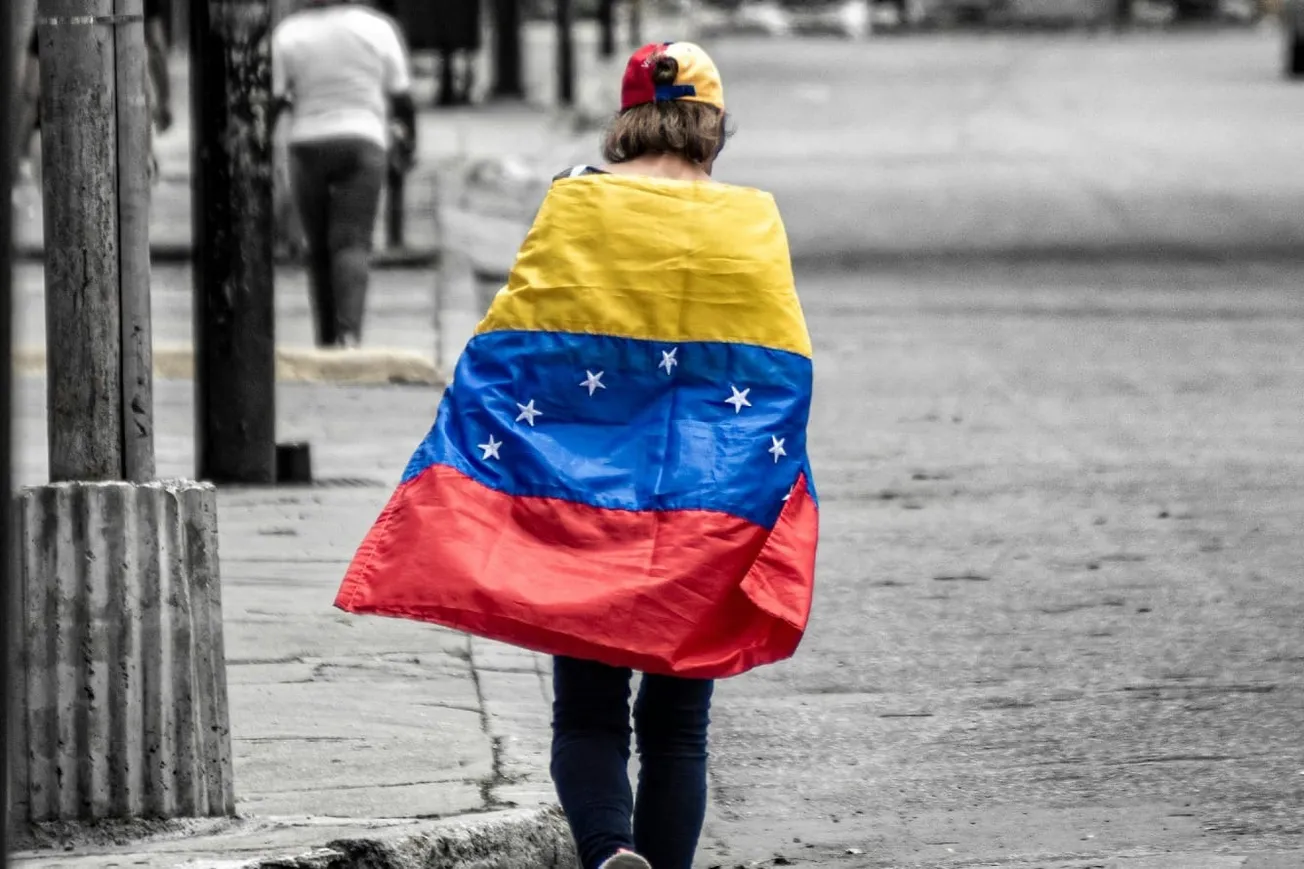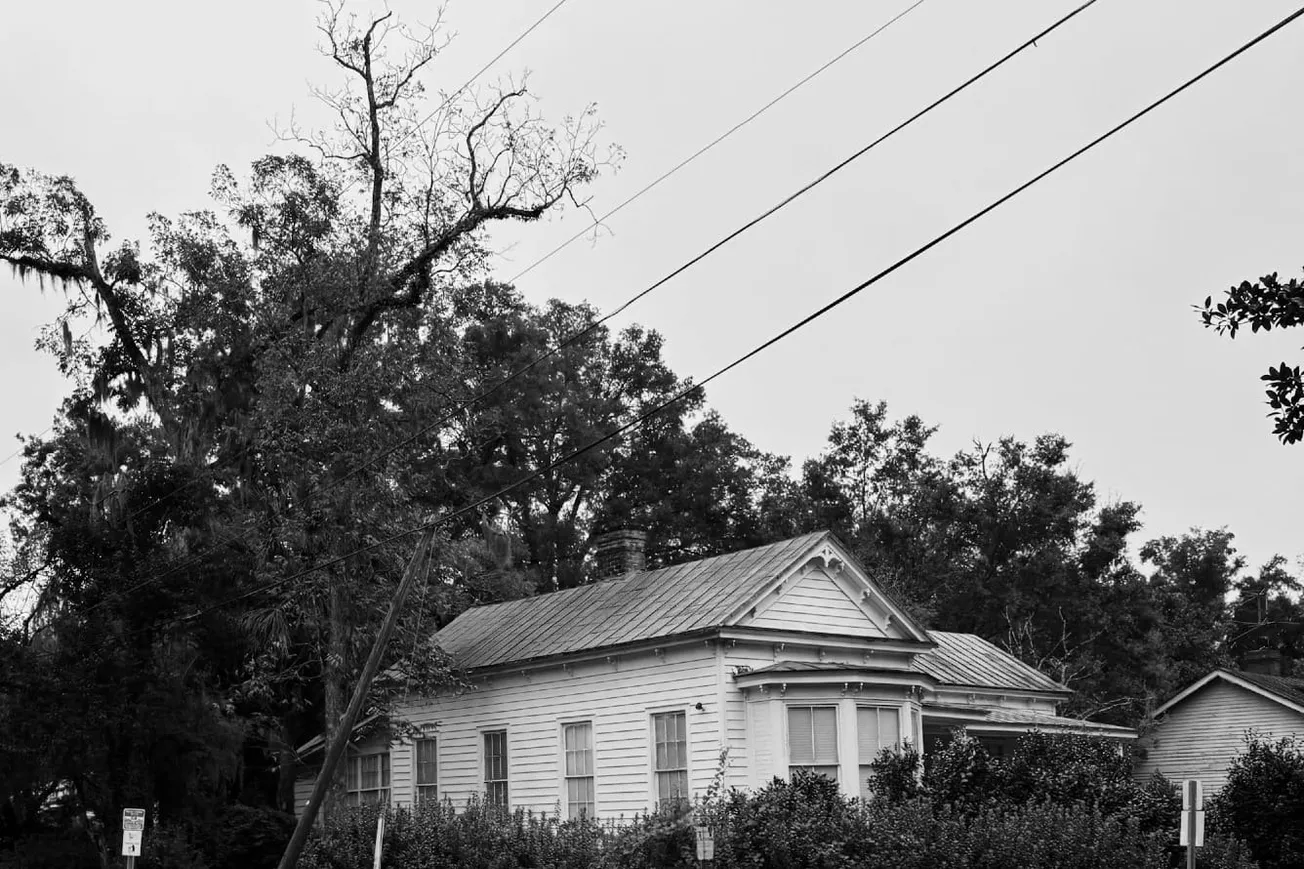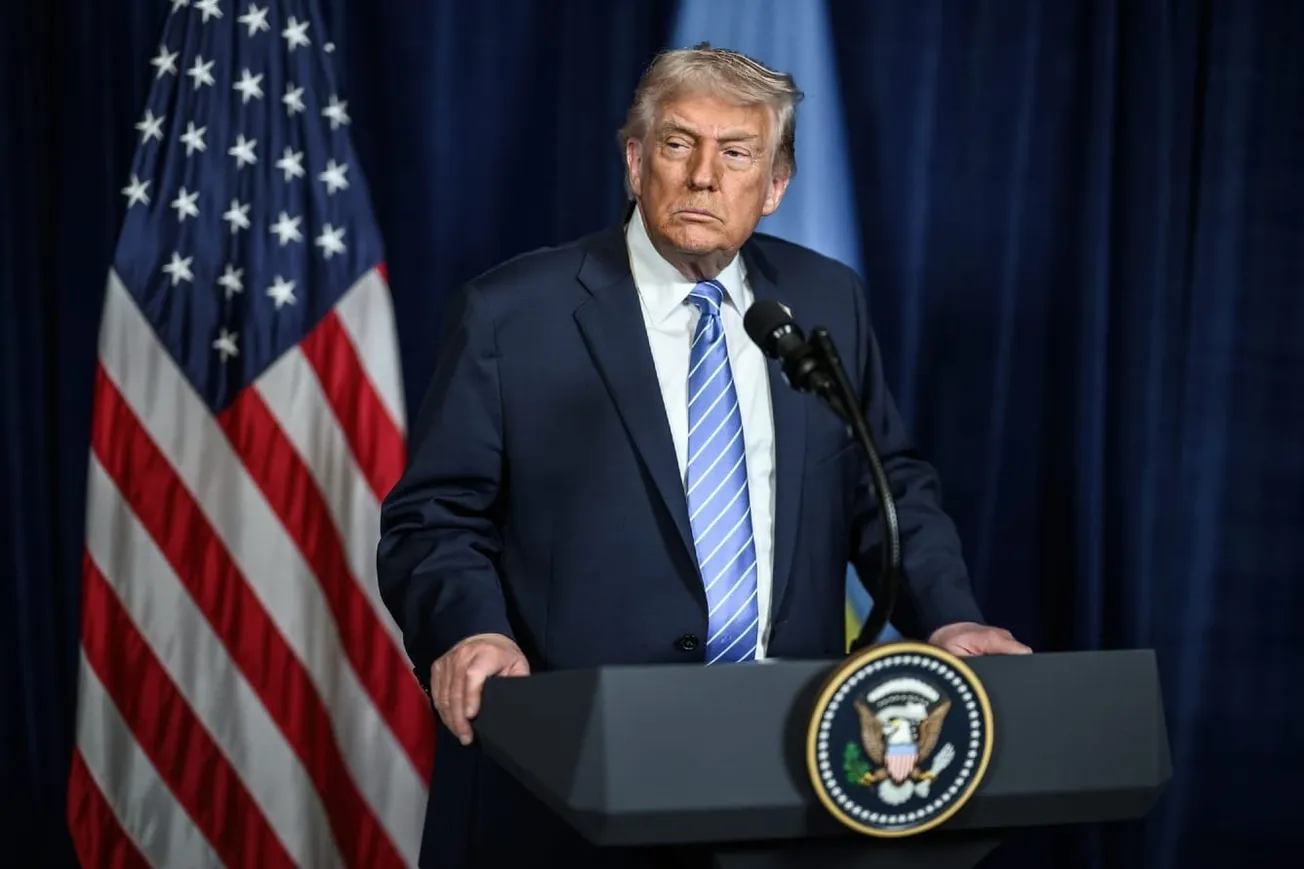By Seth Smith, the Brownstone Institute | May 10, 2023
In March of 2015, I suffered a severe concussion in a cycling accident which left me incapacitated for months, with dizziness, nausea and cognitive deficiencies of all kinds.
Amidst rounds of testing and occupational therapy, my brilliant neuropsychiatrist made a surprising prescription: positive thinking. “If you think positively,” he suggested, “your brain will heal faster and your immune system will assist in your recovery.” Soon after I began following this advice, my condition improved considerably.
The book Full Catastrophe Living: Using the Wisdom of Your Body and Mind to Face Stress, Pain, and Illness by Jon Cabot Zinn, was one of the main resources I turned to in the process of healing. Zinn’s main thesis–that mindfulness, positivity and self-love can enhance one’s spiritual life and assist with healing–is profoundly important.
Over the past 3 years, in the face of the absurdly medicalized approach to dealing with the Covid-19 virus, I have often pondered the question: what happened to the once commonplace ideal of forward-thinking optimism as a strategy for dealing with the human condition, as embodied by religious reformers like Mary Baker Eddy, politicians such as John F. Kennedy (whose nephew is carrying forward his mantle) or medical practitioners like Jon Cabot Zinn?
How did belief in the natural healing power of the body and mind get replaced by hysteria, panic, iatrogenesis and a fanatical reliance on Big Pharma? What black hole did all the hippies and granola-types fall into, the people I spent much time with as a kid, while helping my mother at our local food co-op?
These people were my role models, those who once relied on holistic practices, New Age spiritualism, and natural medicine to achieve health. Yet now, for the vast majority of them, fear seems to have caused a wholesale psychic collapse. Incredibly, these previously committed holistic hippies, most self-identified as loosely on the political Left, now espouse what amounts to a religious belief in the edicts of pharmaceutical companies and the secret service agencies that run cover for them.
I would argue that the causes for this are manifold and half a century in the works, but two aspects stand out to me.
First, positive thinking and calm messaging, in the case of Covid-19, which primarily affects the very elderly and the infirm, ran counter to the propaganda efforts to scare witless an already malleable population, which had been kept in fear for decades after the 9/11 attacks.
The Covid propagandists used the same “war footing” verbiage and scare tactics that became commonplace after 9/11: we were now “at war with viruses,” Orwellian verbal gymnastics almost as ridiculous as the “War on terror” and “War on drugs.” This “war footing” was entirely inappropriate for a virus such as SARS-CoV-2, yet proved to be extremely effective, as entire regions and countries were brainwashed, with skeptics and outliers brutally canceled, threatened, and some losing their livelihoods, friendships and even families. The reason that so many were scared witless was, I believe, because public health was weaponized by the biodefense apparatus and secret service agencies like CISA and the military industrial complex very early on in the Covid response. The reasons for this are still not entirely clear, although the current House investigations are shining some light on them.
Second, our main public health emissary during this time, Dr. Anothony Fauci, was a wily and arrogant messenger of doom. Appallingly, this man continues to be feted by the mainstream press and in fact in several weeks will be speaking at the graduation of one of the most prestigious medical schools in the country.
Sadly, Fauci’s hysterical, entirely corrupt and hamfisted approach to medicine, which relies almost solely on Big Pharma interventions, has caused tens of millions of Americans to lose nearly all trust in public health, including myself. According to a recent Pew Trust survey (published last year; it has undoubtedly gotten much worse since then) huge swaths of the country have a reduced trust in the scientific community as well.
Perhaps my impression of public health was misguided before Covid.
Before March of 2020, public health always felt like a benevolent and positive presence that was generally just background noise, rising to the fore with friendly guidance only on rare occasions when there was a crisis. I also, mistakenly it seems, at one time perceived public health as primarily an educational entity, which through thoughtful efforts offered guidance to a skeptical public.
My perception was that public health agencies and leaders were supposed to help the public make sense of the myriad hazards of modern life. For example: seatbelts are good, they really do prevent you from dying in a car accident; eating healthy food is good, it really can help you live a longer, more active life; don’t lick the old lead paint; some childhood vaccines are good, they help your children stave off serious illness; Covid-19 is a disease that only deleteriously affects the very aged and infirm, everyone else should go about their normal life and we’ll make sure these vulnerable people are protected. Oh, wait…. . . .
In my role as a public librarian, I’m especially cognizant of how positive messaging can bring a skeptical public around to understanding that learning a new technology is not so scary and can actually be a good thing, that literacy is important, that we do indeed have lots of great referrals to social service agencies that can get one back on one’s feet.
In contrast, scare tactics or unfriendly messaging drive a wedge between institutions and the public they purportedly serve. We’d have half the patrons we do today at my institution if we did not provide helpful, supportive services and a positive message. And most importantly, we work toward good outcomes, rather than focusing on the bad or the deleterious. Public libraries are the last refuge for many of the lost souls, the poor and the disenfranchised in America. If we spent our time preaching and mandating we’d forever alienate the vast majority of our patron base, instead of assisting them.
The messaging from Fauci and current CDC director Dr. Rochelle Walensky has been the exact opposite of good public health: misguided and unscientific advice about pharmaceutical interventions when they weren’t necessary, including the mRNA vaccine for tiny children and endless rounds of boosters for older adults, absurd masking and distancing mandates, and a never-ending barrage of doom and negativity for 38 months, all applauded and amplified by the mainstream media.
I would go one step further to suggest that the “mystery” of long Covid might have something to do with the psychosomatic trauma of hearing, day in and day out, the grim prognostications that Covid-19 is the next Black Plague, ready to morph into something more horrendous with each new variant. Somatic symptom disorder is very real–the population susceptible to this type of messaging may now believe in negative outcomes, hence producing them in their bodies.
If Dr. Vinay Prasad’s vision for a completely gutted and reworked NIH, FDA and CDC is eventually realized, let’s hope that they are staffed with people who have actual public health and holistic well-being in mind, and who are not tools of the pharmaceutical industry. Most importantly, let’s hope for a reawakening of the vision of positive and forward-thinking scientists, thinkers and leaders, who actually care about the people they serve and who aren’t just the useful idiots of billionaire technologists and scheming global health authoritarians.
I’m not holding my breath.
Seth Smith is an avid outdoorsman and public librarian based in Missouri.
Original article link









